Bill Leak address to 18C parliamentary inquiry
An edited transcript of cartoonist Bill Leak’s spirited appearance before the parliamentary committee into section 18C.
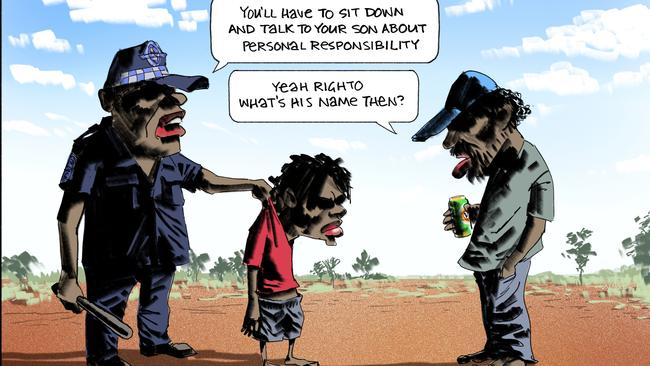
This is an edited transcript of The Australian cartoonist Bill Leak’s appearance on February 1, 2017, before a parliamentary joint committee inquiry into section 18C of the Racial Discrimination Act. Leak appeared before the committee in a private capacity.
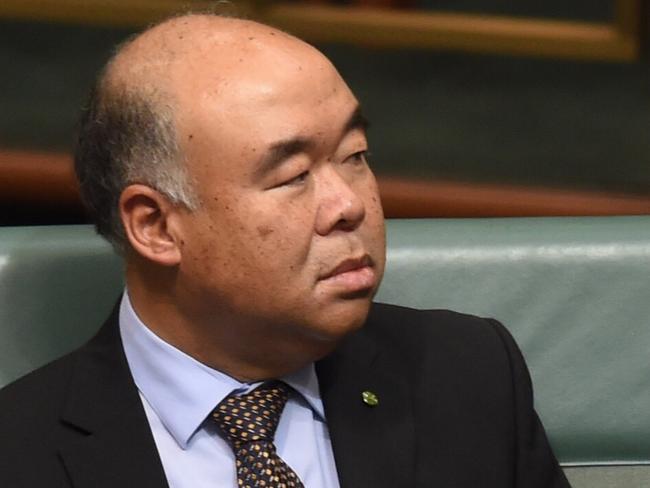
Ian Goodenough (chair, Liberal MP): I now welcome Mr Bill Leak. Do you have any comments to make on the capacity in which you appear?
Bill Leak: The Australian Human Rights Commission has been using section 18C of the Racial Discrimination Act as a kind of blunt instrument with which to persecute private citizens for not adhering to the laws of political correctness. I am quite sure that, when it was drafted, it was drafted for all of the best possible reasons. But now we are seeing that it has fallen into the hands of a body that is being very reckless with it. They have recognised that they have got a weapon there. This is a weapon that they are using against citizens like me, not for having abused somebody or for trying in any way to offend or insult somebody on the basis of their race, their ethnic origin, their religious beliefs or whatever, but for telling the truth. If you have a law in place that enables an agency of the state to haul someone over the coals — as they did me — for having told the truth, there is obviously something wrong with the law.
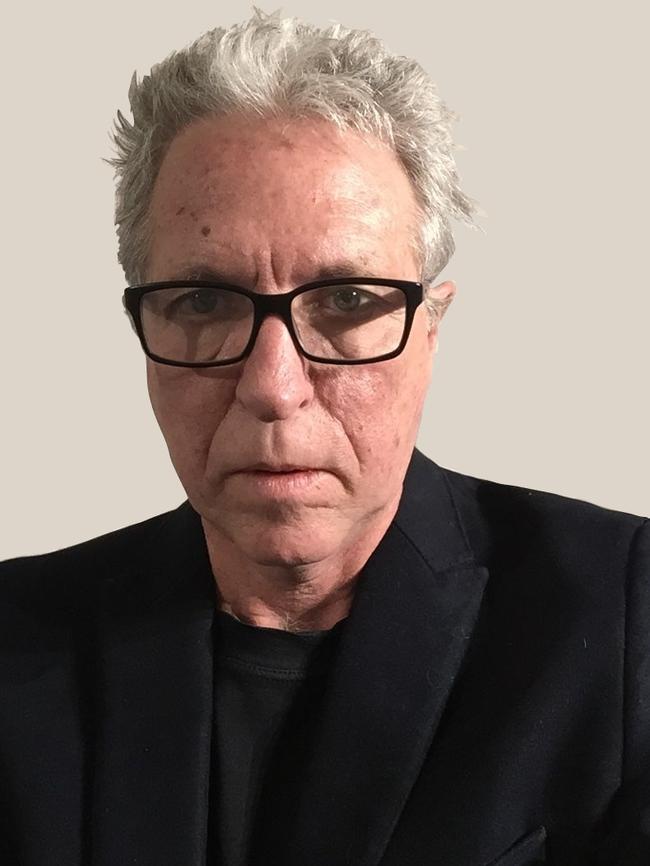
I noticed, Mr Leeser (Julian Leeser, Liberal MP and committee member), that you suggested that a judge could be appointed to the Australian Human Rights Commission on a part-time basis, basically to do the job that the commissioner herself is supposed to do, which is to weed out the frivolous, vexatious and trivial complaints from the serious ones. Obviously, that is the job of the commission. What we have here is a lawyers’ picnic, and your suggestion, with respect, is to invite another lawyer to join in. If the case that I have just been through was not a frivolous complaint, I’ll go heave. The name of the person who made the complaint was Ms Melissa Dinnison. I have seen the form that she filled out, albeit redacted to an enormous extent. It was something that would have taken her a couple of minutes to fill out online. She ticked a few boxes. I cannot remember all the wording, but I can remember the wording of one part of that document. The question was: ‘How would you like to see this issue resolved?’ Her answer was ‘yes’. I ask you: if you were the Race Discrimination Commissioner, that form came onto your desk and someone said to you, ‘Are we going to take this seriously?’ surely you would take one look at it and say, ‘The person who has filled the form out hasn’t taken it seriously, so, no, we won’t.’
I am saying this because I believe that the Human Rights Commission and the Race Discrimination Commissioner went out of their way to actually ask people to complain about my cartoon. They have acted on this utterly frivolous complaint. I have heard it said today that because of section 18D (of the Racial Discrimination Act, allowing for exemptions to section 18C) the law actually works quite well. ‘Oh, Bill Leak, he got away with it. No harm done.’ I think I heard you saying, ‘Well, it all resolved itself quite nicely.’ Well, yes, it resolved itself quite nicely because I had News Corp paying my legal fees.
I do not know how many of you know this, but at the beginning of 2015 I got myself into strife because I did a cartoon that featured an image of the Prophet Mohammed. Within three days I was advised by the counter-terrorism police to get out of my home. I had to move house. I had to have massive security provisions. It was a nightmare. I have got a wife. I have got 14-year-old stepdaughter, and, at the time she was 11 years of age. I could not tell her why we were moving house because she would have been terrorised. That was their objective. Well, they terrorised me all right. I had to get out of my home because I had done that cartoon. Then, 18 months later, I do a cartoon. All my intention for that cartoon was to draw attention to the fact that one of the underlying reasons why 97 per cent of the children in the Don Dale detention centre are Aboriginal is that they come from shocking circumstances, the sort of circumstances that none of us would put up with, none of us could even endure. It is perfectly obvious that that is the case. I say that in my cartoon and I finish up being charged under section 18C. What for? For telling the truth. Not for maligning anybody.
I have got to tell you, that morning, the day that cartoon was published, which was 4 August last year, I received a call at 11 o’clock in the morning from Colin Dillon. Colin Dillon is the father of a very close friend of mine, Anthony Dillon. Colin was Australia’s first Aboriginal policeman. He gave pivotal evidence at the Fitzgerald inquiry. He is one of the finest men you are ever likely to meet. He said, ‘Mate, that was such a great cartoon. What you have said in that cartoon is something that has to be said. But, I tell you what, there are a lot of people out there that just don’t want to know about it.’ Well, I discovered that he was right. By the time I went to bed that night, I was Australia’s leading racist.
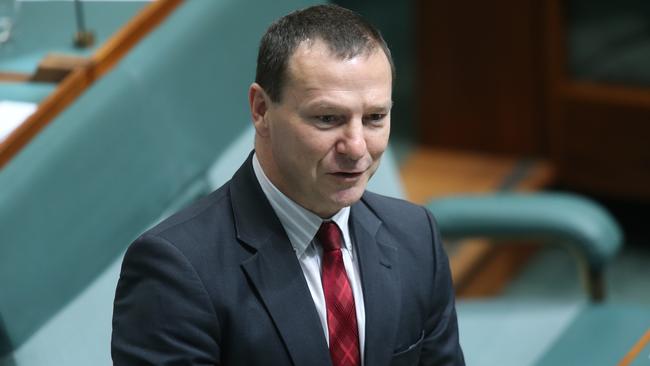
Graham Perrett (Labor MP, deputy chair): For the cartoon you talked about that came out in August last year, the complaint against you was discontinued, so there was no finding one way or the other whether it offended section 18C or whether any of the defences that no doubt your lawyers told you about were available to you for that cartoon.
Bill Leak: They did not have to tell me. I could read it. But clearly that is my point about why the Human Rights Commission upheld the complaint, because they are lawyers. If you go through section 18D you go tick, tick, tick, tick, tick.
Graham Perrett: Are you able to talk about the advice you got from the lawyers? Were they pretty certain that the 18D defences would be available to you?
Bill Leak: Yes. As I said before, I read them myself. I just went through: tick, tick, tick, tick, tick. That made me even more puzzled as to why they had upheld the complaint. They knew it would be thrown out.
Graham Perrett: Do you think there should be any limits to what you — or other cartoonists, for that matter — can lawfully express in cartoons?
Bill Leak: No, I do not. I think you either have freedom of speech or you do not.
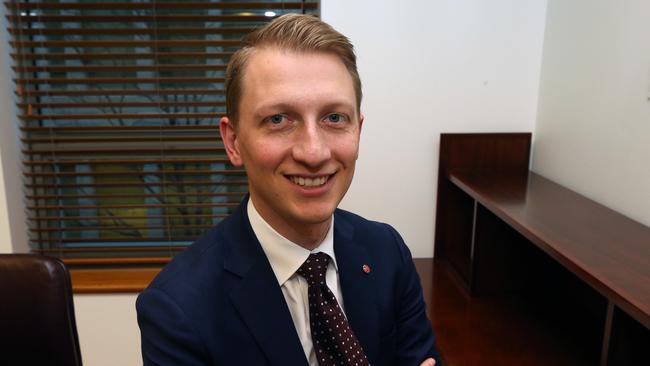
Senator James Paterson (Liberal Senator, committee member): You point out that, although you are unfortunate to have gone through this, in some ways you are fortunate because you had the backing of a large media company that could help provide lawyers for you. Are you aware of what the cost was to News Corp for acting in your case?
Bill Leak: No, I wish I were able to help you. I cannot.
James Paterson: How do you think people in your circumstance — say, a freelance cartoonist or a cartoonist who operates online or on social media who does not have the backing of a company like News Corp — would feel having watched the experience that you have been through?
Bill Leak: You have raised what I think is one of the most important points about this. I think that that hypothetical person who does not have the backing of an organisation like News Corp is going to look at what happened to me and say: ‘That bloke really got into a lot of trouble for telling the truth. I better not tell it myself.’ If that is not a dampener on freedom of expression and freedom of speech, I do not know what is. To me, I think it is extremely sinister. I think it is downright sinister what the AHRC did in my case because that is precisely the message that it sent out to everyone: do not tell the truth; do not take a risk; speech is not free in this country.
James Paterson: Sometimes we call that the chilling effect.
Bill Leak: Well, that is what it is.
James Paterson: And we have been asking people about this this week, none of whom who have been subject to a complaint like you have. They say they are unconvinced that a chilling effect exists or that if it does it is pretty small. Do you agree with that view?
Bill Leak: No, I do not, because it might be for a whole lot of people for whom this is not a matter of immediate interest. If you look at the Human Rights Commission and the Race Discrimination Commissioner, you might think, ‘Are they supposed to be protecting human rights?’ I was concerned with the human rights of Aboriginal children. I am concerned about the human rights of Aboriginal women. They suffer from the most appalling levels of violence. They are 34 times more likely to finish up in hospital than white people in our community, but to mention that makes me a racist! For mentioning the shocking statistics that go along with sexual and physical abuse of children within Aboriginal communities, I get labelled a racist. It is absolutely absurd. It has nothing to do with racism at all. It is trying to stamp out truth.
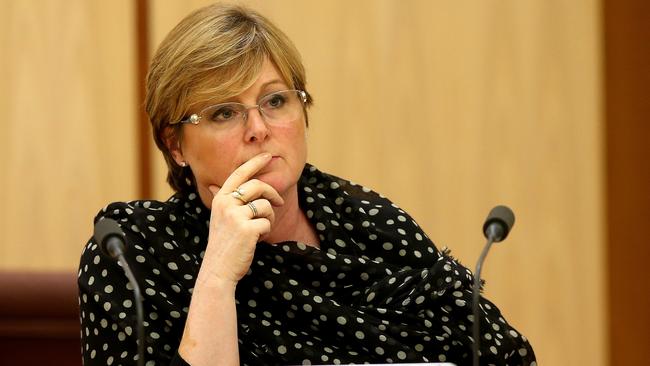
Senator Linda Reynolds (Liberal senator, committee member): Mr Leak, just on that, in terms of what you do as a cartoonist — to shine a light sometimes on very uncomfortable truths in society — do you sometimes need to offend and insult people to get people to shine a light on things that we do not want to look at?
Bill Leak: Senator Reynolds, put it this way: I work as a cartoonist. You could almost say I am a humorist. I think of my job as having to sit down and amuse the nation. It is not easy. Ask any comedian and that comedian will tell you that every time they tell a joke there is a possibility that someone somewhere will take offence at what that person said. Of course I understand that someone somewhere might be offended by one of my cartoons. Frankly, if I did a cartoon and I could safely say with 100 per cent surety that no-one would be offended by it I would throw it away and start again because the point of a cartoon — the point of satire — is to point to something that is true and do it in such a way. First of all, there is the effect that humour has. When you see something and it is funny there is a sort of slight cathartic release and that release sort of drops all your defences and the message goes straight through. It is a way of conveying a message. And, if a work of satire does not have a kernel of truth, the satirist is wasting his time.
So, yes, I understand that people are going to say, ‘I’m offended.’ But what I would say to you is that a lot of people rather enjoy being offended. It is actually rather cool to be offended these days. It is something that took a long time to get my own head around, and suddenly I realised that people are not looking at my cartoons with the intention of being amused; they want to be offended.
Read the full transcript here.

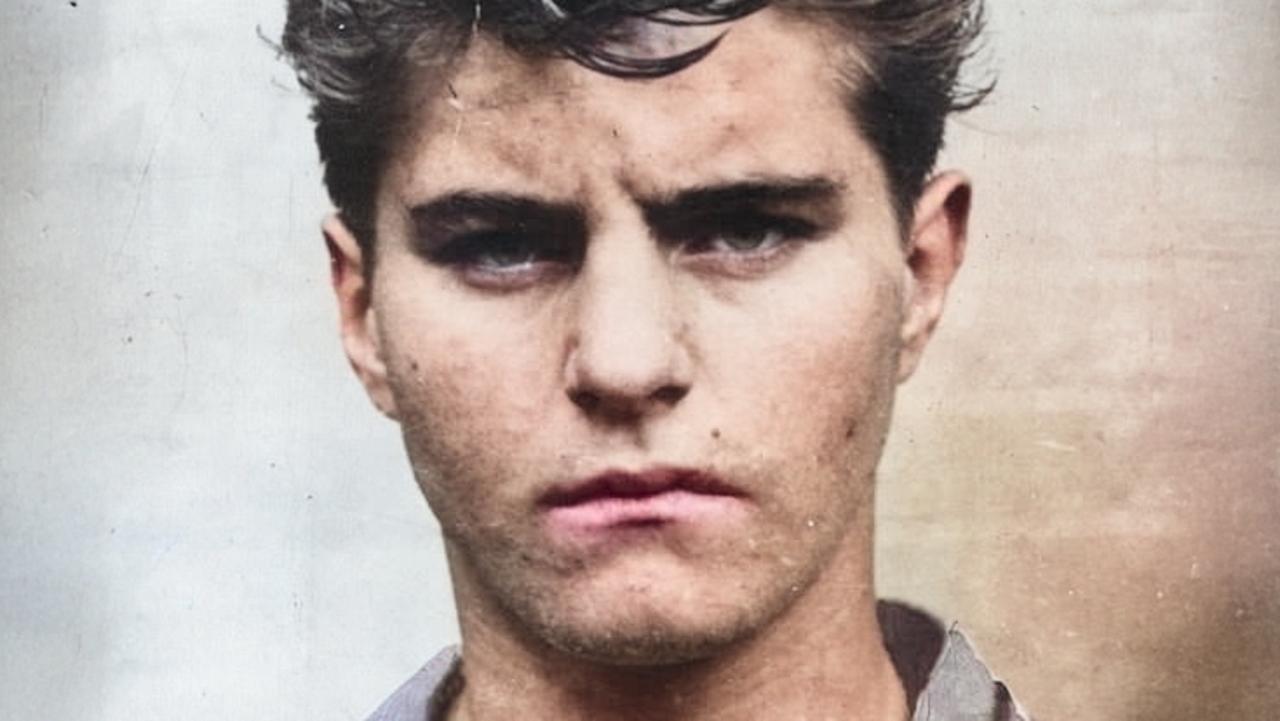
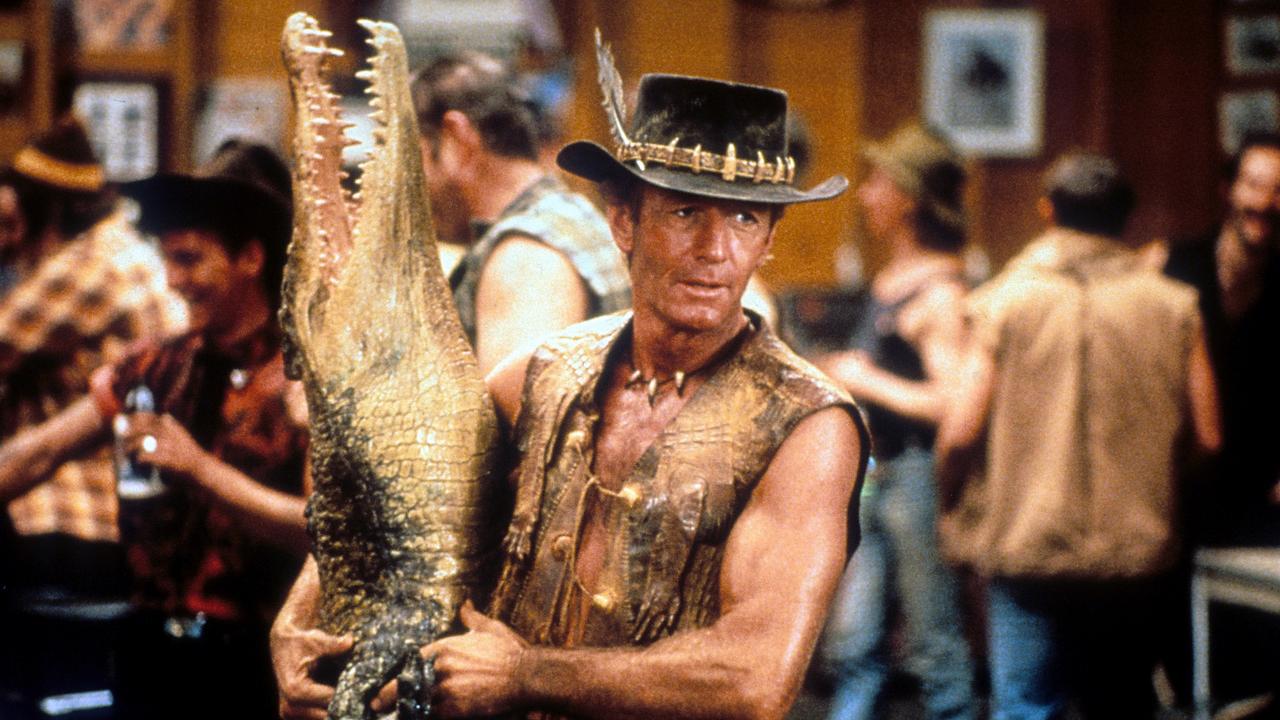
To join the conversation, please log in. Don't have an account? Register
Join the conversation, you are commenting as Logout